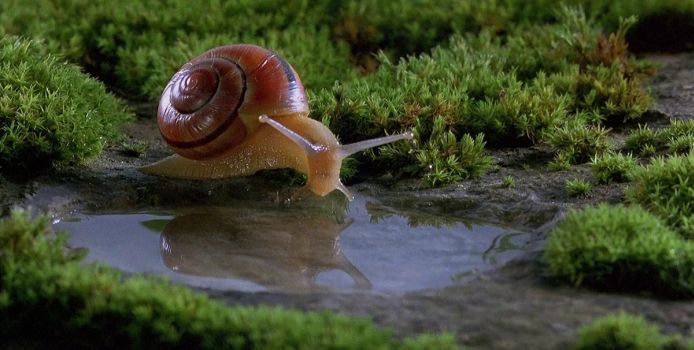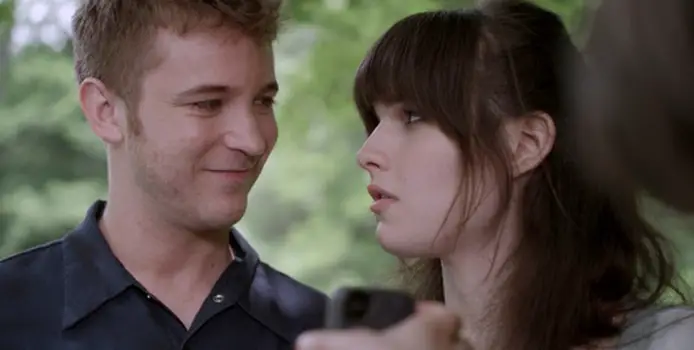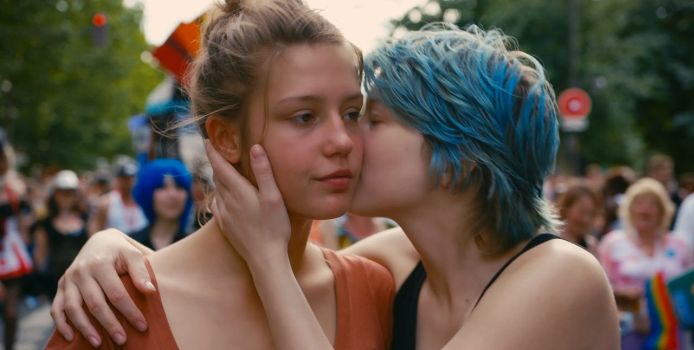LGBTQ+
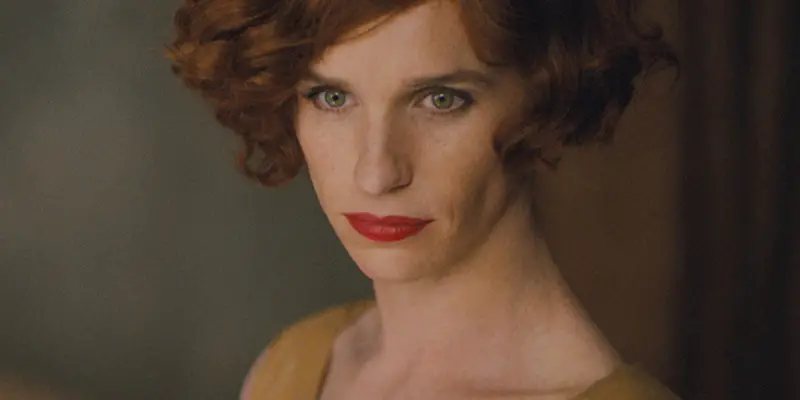
As another Hollywood award season gathers momentum, so too do its accompanying controversies and questions. Last year’s Academy Awards were remembered as much for the hashtag #OscarsSoWhite as they were for any of the achievements of film’s apparent best and brightest. This, coming the year after 2014’s Oscars host Ellen DeGeneres knowingly quipped before the Best Picture award was announced that:
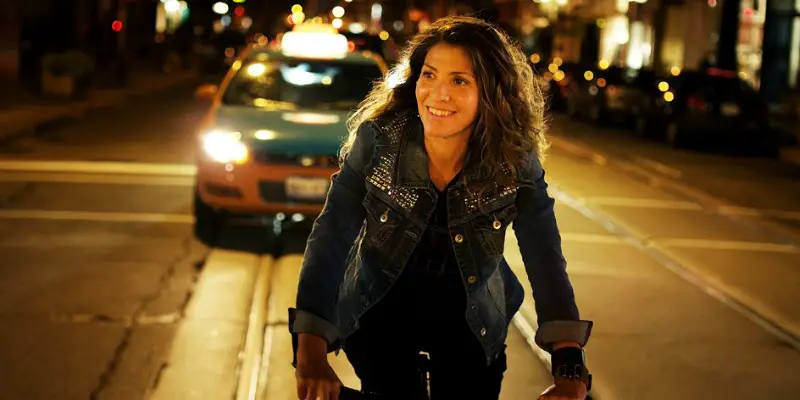
People like to tout the virtues of ‘unique’ and ‘misunderstood’ independent cinema, but sometimes a film is independent simply because it wasn’t good enough to obtain funding. The problem then is that curious people like me are unwittingly drawn to pretty bad, unknown, independently made films. Well, I’m delighted to say that while Portrait Of A Serial Monogamist is not going to rock your world, it’s better and I would say surprisingly sweeter than the average unknown indie.
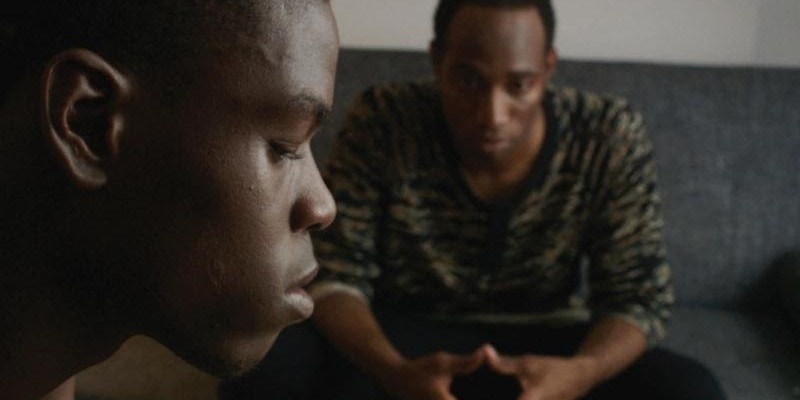
Naz and Maalik are not your average lead characters. They are gay, Muslim teenagers living a relatively quiet life in Brooklyn. When they aren’t selling lotto tickets and other cheap items on the street for cash, they are discussing college, their religious beliefs, and their relationship, which they largely avoid defining.

When a writer/director makes a film set in a country foreign to them, it is clear to local audiences that this is an outsider’s view of their nation and their culture. There’s a reason Lost in Translation is derided in Japan and Match Point is met with sheer indifference in the UK. It becomes alienating to see your country through the eyes of somebody who hasn’t spent the majority of their life there, especially when the film is a work of social realism made by somebody with merely a second-hand knowledge of the realities of life there.
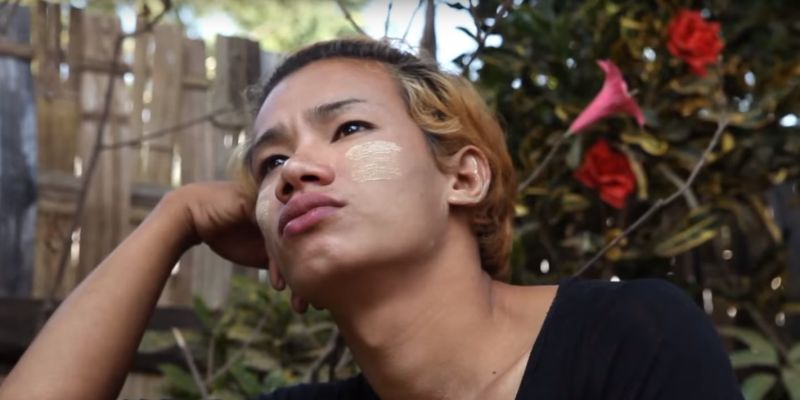
As the Western world is finally starting to make significant strides towards sexual orientation equality, it is easy to forget that in most of the rest of the world homosexuals are less than accepted in their respective societies. LGBT people in such countries face discrimination, social exile and physical beatings as punishment for their existence, and as such have largely been forced to stay closeted. But Love is one of those things that is hard to keep hidden, and as one wise man once said about Life, Love too often “finds a way”.

Most directors have a recognisable style that characterises their movies, giving them a distinctive visual stamp that claims it as wholly theirs. Todd Haynes is an unusual director in that his style differs from movie to movie, fully committing to replicating different genres and bygone fashions to the extent that he has no distinctive visual style that claims any movie as distinctively his. With Carol, he has made a period drama not entirely dissimilar from his early film, 2002’s Far From Heaven.

From the minute of its inception I had high hopes for Legend. An earlier attempt at a biopic of the infamous Kray twins has largely been forgotten, starring as it did the brothers from Spandau Ballet. But this one, starring Tom Hardy as both Ronnie and Reggie, with a plethora of great British actors in supporting roles, looked promising.

Chicagoland Shorts is a new series of films curated by Eugene Sun Park and Kayla Ginsburg (with the aid of Beckie Stocchetti). The series pulls together an eclectic mix of shorts all made by Chicago-based filmmakers. The films range from original narratives to real stories, from animations to found footage pieces (those made using pre-existing film or photographs).
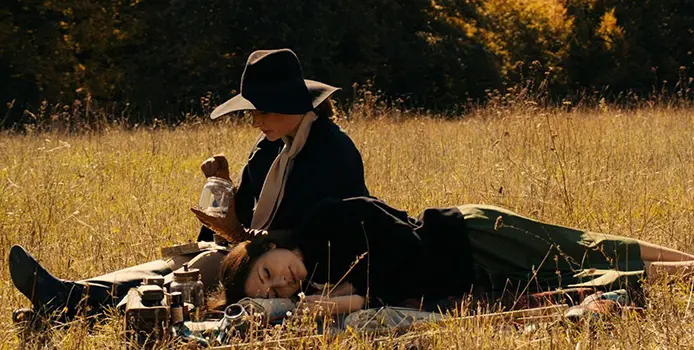
The Duke of Burgundy is that rare thing that almost every movie promises, yet fails to deliver: it is something that you’ve never seen before. It manages to say something universal about the politics and gender roles of relationships using the guise of lesbian sadomasochism, a subject I assume will be entirely alien to most viewers.

2014 should really be known as “The Year of the Biopic.” There have been films this past year that were based on many world-reknown icons, from Martin Luther King to Stephen Hawking to pop singer James Brown. And somewhere in the midst of all those comes the story of Alan Turing, a British mathematician that almost single-handedly won World War II.

This movie is part of the Spanish Film Festival, which takes place during May. As one of the many films chosen to play at the Spanish Film Festival in 2014, Three Many Weddings (original title Tres Bodas De Mas) is a wild Spanish-language romantic comedy following a month in the life of Ruth (Inma Cuesta), the puppy-eyed lab scientist longing for love. When Ruth wakes up one morning from a drunken night of random love-making, she is faced with three wedding invitations – all from ex-boyfriends.

